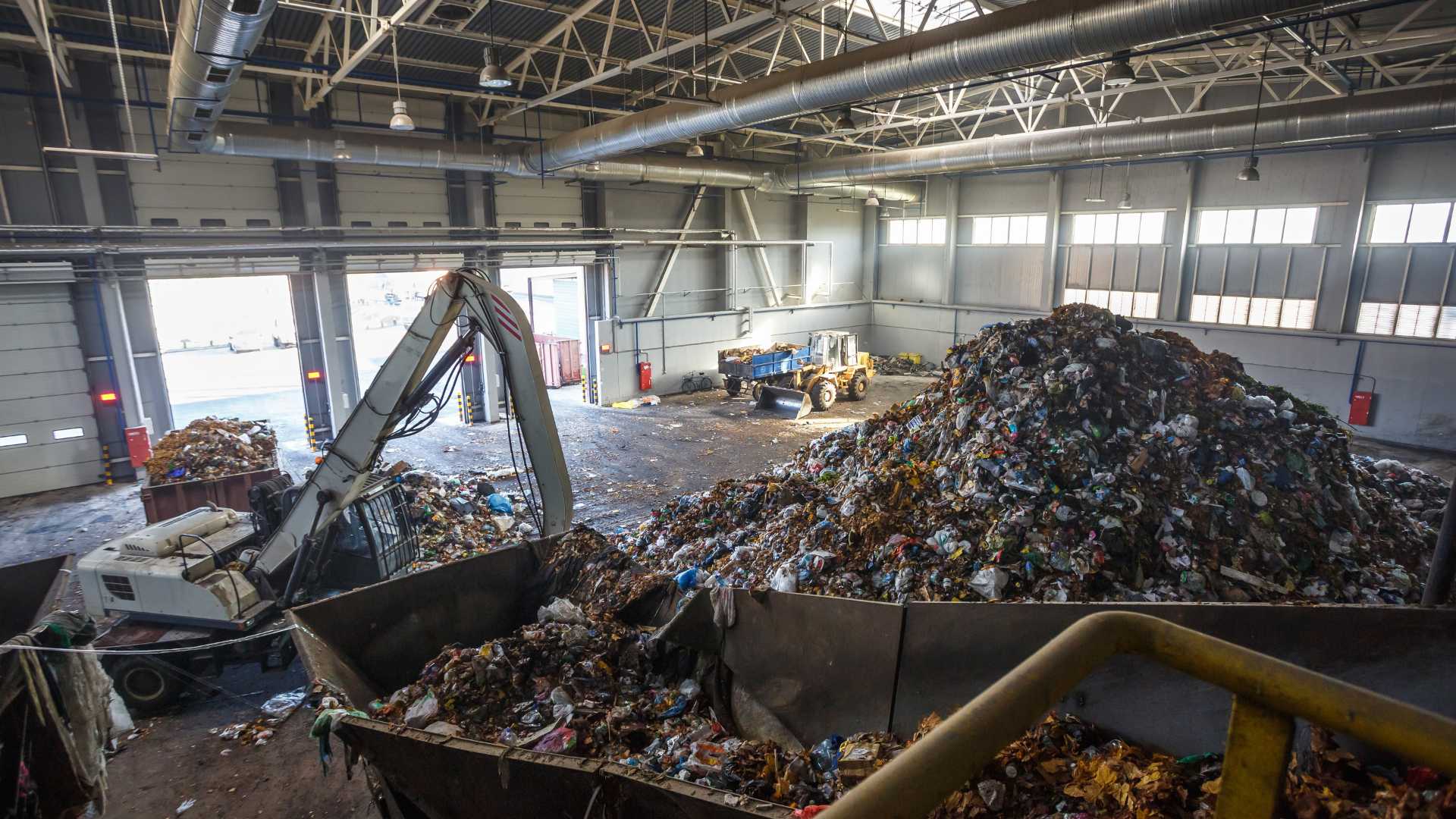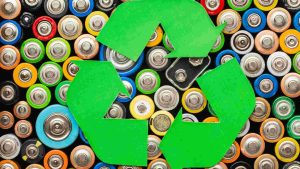![]()
DGFT’s Guidelines on Monitoring and Regulating E-Waste Export from India: Specific Rules and Regulations to Ensure Control
In the age of rapid technological advancement, the disposal of electronic waste (e-waste) has become a critical global issue. E-waste, comprising discarded electronic devices, poses environmental and health hazards if not managed properly. Recognising the importance of regulating e-waste export from India, the Directorate General of Foreign Trade (DGFT) has established specific guidelines and regulations to control and monitor the international movement of electronic waste. In this blog post, we will dive into the intricate details of DGFT’s guidelines, exploring the measures put in place to address this burgeoning challenge.
Understanding the Scope of E-waste
Electronic waste encompasses a wide range of discarded electronic devices, from obsolete smartphones and computers to larger appliances like refrigerators and televisions. Given the global interconnectedness of trade, the improper disposal of e-waste can lead to severe consequences for the environment and public health. To mitigate these risks, the DGFT has implemented a comprehensive set of guidelines.
DGFT Guidelines: An Overview
The DGFT’s guidelines on e-waste exports are designed to ensure that the movement of electronic waste across borders complies with international standards and environmental best practices. These guidelines are an integral part of India’s commitment to sustainable development and responsible waste management.
Basel Convention Compliance:
The Basel Convention (BC), an international treaty to oversee the transboundary movements of hazardous waste (HW), serves as a cornerstone for DGFT’s guidelines. India, being a party to the Basel Convention, aligns its regulations with the principles outlined in this treaty. The DGFT ensures that e-waste exports adhere to the conventions’ guidelines, promoting the environmentally sound management of hazardous waste.
Authorised E-waste Recyclers:
To control the export of e-waste, DGFT mandates that only authorised recyclers are eligible to ship electronic waste outside the country. These authorised recyclers are required to comply with stringent environmental standards and demonstrate their capacity to handle e-waste responsibly. This measure ensures that the exported e-waste is treated and disposed of in an environmentally sustainable manner.
Advance Authorisation Scheme:
The DGFT has implemented the Advance Authorisation Scheme, which allows exporters to import electronic goods duty-free for the purpose of repair, refurbishment, or recycling. This scheme encourages responsible handling of e-waste within the country, reducing the need for its export.
Pre-Shipment Inspection:
DGFT guidelines include a mandatory pre-shipment inspection for e-waste export from India. This inspection ensures that the exported consignment conforms to the prescribed standards and does not contain hazardous or prohibited materials. This step adds an extra layer of scrutiny, minimising the risk of illegal or irresponsible disposal of electronic waste.
Documentation Requirements:
Exporters of e-waste are required to submit comprehensive documentation to DGFT detailing the nature of the exported goods, their intended use, and the recycling methods employed by authorised recyclers. This documentation serves as a crucial tool for monitoring and regulating the e-waste export process.
Challenges and Future Directions
While DGFT’s guidelines represent a significant step towards managing e-waste export responsibly, challenges persist. One key challenge is the enforcement of these regulations, especially given the complex nature of the global supply chain. Strengthening collaboration between government agencies, industry stakeholders, and international partners is essential to ensure the effective implementation of these guidelines.
Furthermore, the rapid pace of technological innovation leads to an ever-increasing volume of e-waste. As such, continuous updates and amendments to the guidelines are necessary to address emerging challenges and incorporate best practices in e-waste management.
Conclusion: E-waste export from India
In conclusion, the DGFT’s guidelines and regulations on e-waste export from India play a crucial role in solving the environmental and health risks concerning the improper disposal of electronic waste. By aligning with international standards, promoting responsible recycling, and implementing stringent controls, India aims to contribute to global efforts in sustainable waste management. As technology resumes to advance, it becomes imperative to stay vigilant and adapt these guidelines to ensure a harmonious balance between technological progress and environmental sustainability.





